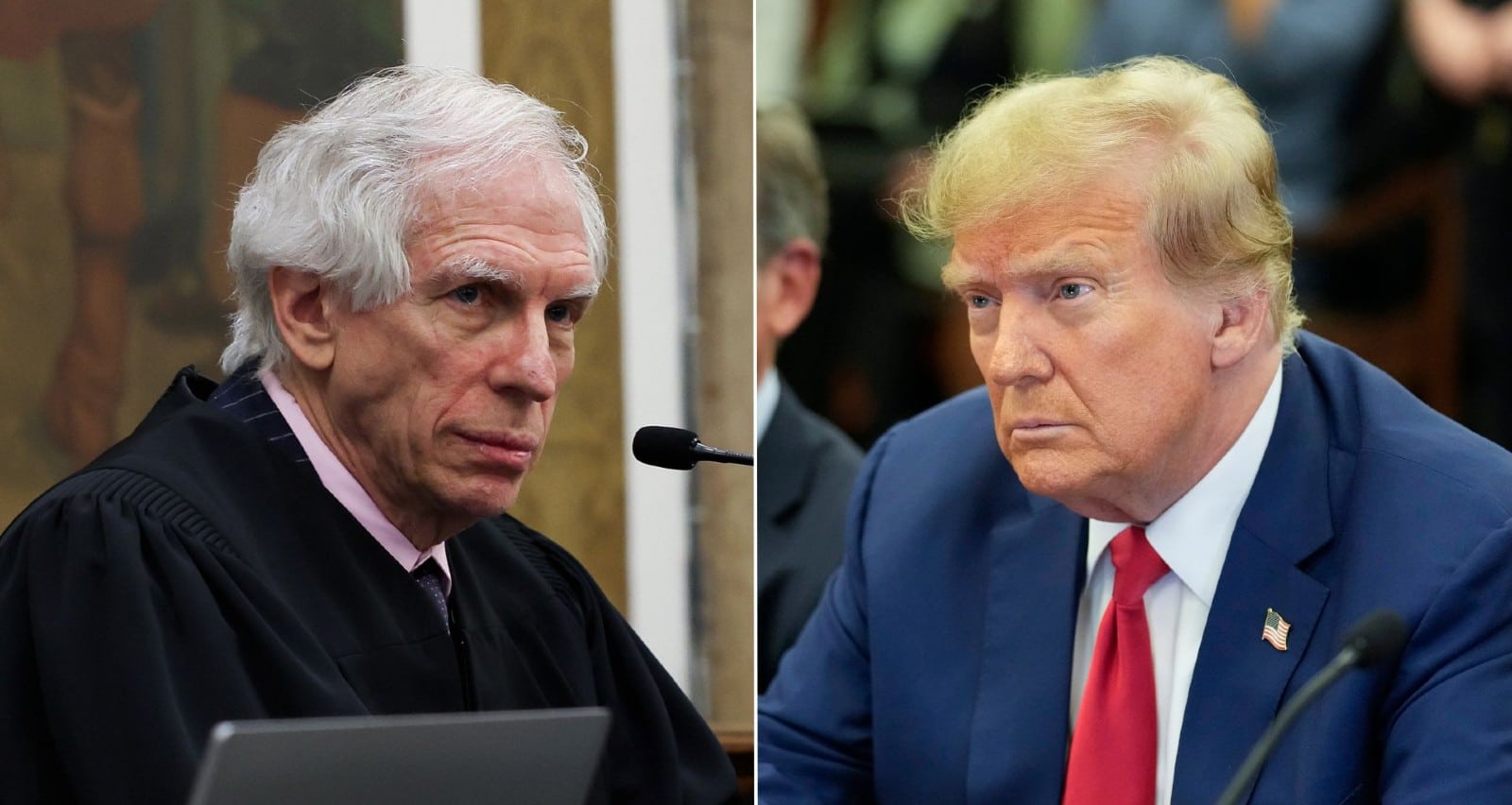OPINION: This article may contain commentary which reflects the author's opinion.
Former President Donald Trump will challenge Judge Arthur Engoron’s definition of fraud that led to a $355 million judgment in the former president’s New York civil trial.
Chris Kise, Trump’s principal lawyer in the case, told Newsweek that it “will depend on many factors so it’s hard to say at the moment, but in any event, it will fall within the 30-day clock” that is allowed by the court.
Kise accused New York Attorney General Letitia James and Engoron of trying to force Trump out of New York, calling it a sad day for the city.
“The case raises serious legal and constitutional questions regarding ‘fraud’ claims/findings without any actual fraud,” Kise said.
Kise also claimed that the American commercial property market will collapse in the next 12–18 months but authorities are set on chasing Trump.
“The irony here is that in the next 12–18 months, many commercial properties are likely going to go into default or distress, especially in cities like New York. However, unlike President Trump, many developers rely on very high debt loads, so a market collapse will be very consequential,” Kise said.
In September 2022, James filed a lawsuit against Trump, his two adult sons, Donald Jr. and Eric, the Trump Organization, and two firm executives, Allen Weisselberg and Jeff McConney.
Engoron, who oversaw the trial, discovered that Trump had inflated his assets in order to obtain more advantageous business loans.
A trial was held from late last year into early January to determine the amount of damages that the former president and his associates would have to pay.
Engoron issued a decision on February 16 stating that Donald Trump would have to pay a fine of about $355 million.
In addition, Trump, Weisselberg, and McConney will be barred from serving as officers or directors of any New York corporation or other legal entity in the state for three years.
Donald Trump Jr. and Eric Trump have been ordered to pay more than $4 million each and are prohibited from conducting any business in the state for two years.
Trump, the current GOP frontrunner in the 2024 presidential election, has maintained his innocence in the case and claimed it was politically motivated.
The appeal of the case depends on the definition of fraud used in the proceedings.
Greg Germain, a professor at the Syracuse University of Law, told Newsweek that on appeal, Trump will need to prove the New York AG does not possess the power to punish him “without showing the traditional elements of fraud: (1) scienter—basically intent to defraud, (2) false statements of fact rather than opinion or trade puffing, (3) reasonable reliance by the victims, (4) materiality, (5) causation, and (6) damages.”
“I think he has a strong argument that when the attorney general seeks to punish for past use, rather than prevent future use, she would have to show all of the traditional elements of fraud,” he added.
James’ team will argue that they don’t have to prove the presence of all six elements under Executive Order 63.12 of New York.
This order, established in 1956, allows the attorney general to prosecute fraud by issuing subpoenas and pursuing civil fraud allegations with relatively low legal hurdles.
“Judge Engoron ruled in the summary judgment order that, under 63.12, the attorney general does not have to show any of those elements—a showing of falsity is enough,” Germain said.
He argued that if the court had applied the complete definition of fraud, it would have found very little evidence that the banks had a “reasonable reliance” on Trump’s statements.
“The evidence of reasonable reliance [on Trump’s financial statements] by the ‘victims’ is very weak’ and may be grounds for appeal,” Germain said.
A banking official told the trial that he did not solely rely on Trump’s statements when assessing a loan application and that the bank made its calculations.
